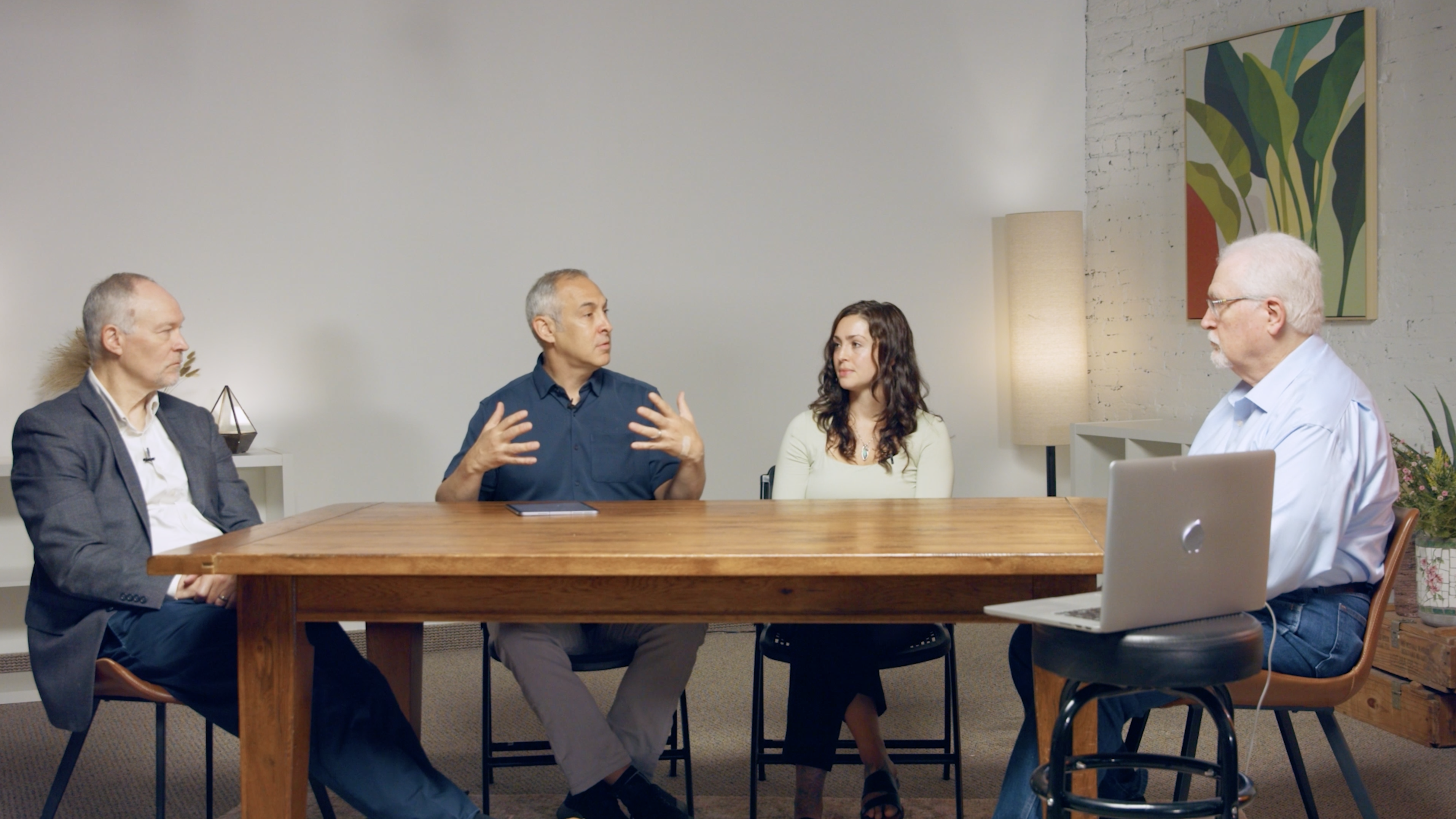New eLearning course to support those helping individuals with substance use and suicide concerns

SafeSide Prevention and the UR Medicine Recovery Center of Excellence on SUD Prevention have launched a no-cost eLearning course to support those standing together with someone grappling with substance use and suicide challenges.
The Skills to Help Someone Struggling with Substance Use and Suicide Concerns Course, funded by the Health Resources & Services Administration (HRSA), is designed to equip friends, family members, and colleagues with essential skills to support individuals struggling with substance use and suicidal thoughts.
It addresses a critical gap identified by Dr Morica Hutchinson's research, which found that while many community-based programs focus on communication and coping skills for supporting family members, there was a lack of emphasis on suicide and overdose prevention in the context of substance use.
Dr. Kenneth Conner, a key contributor to the course, highlights the interconnected nature of substance use and suicide.
"Substance use drives suicidal risk in multiple ways," he said.
"The throes of addiction create risk and disruptions in various aspects of life, while the substances themselves can lead to distressing withdrawal states."
The eLearning module introduces a three-step approach for concerned individuals:
- Start the conversation: Initiate a compassionate, non-judgmental discussion in a private setting.
- Ask sensitively and directly: Use clear language to inquire about thoughts of suicide.
- Respond: Listen actively, validate feelings, and take appropriate action based on the level of risk.
This initiative aligns with the healthcare sector's shift towards treating suicidality and substance use concurrently rather than in isolation.
The course launch was marked by the release of a podcast episode featuring Jack Stem and Kimberly Hribar, a father-daughter duo who shared their personal journey through addiction and recovery. The episode emphasised the importance of open communication, setting boundaries, and practising self-care when supporting loved ones.
For more information or to access the course, please visit here.
